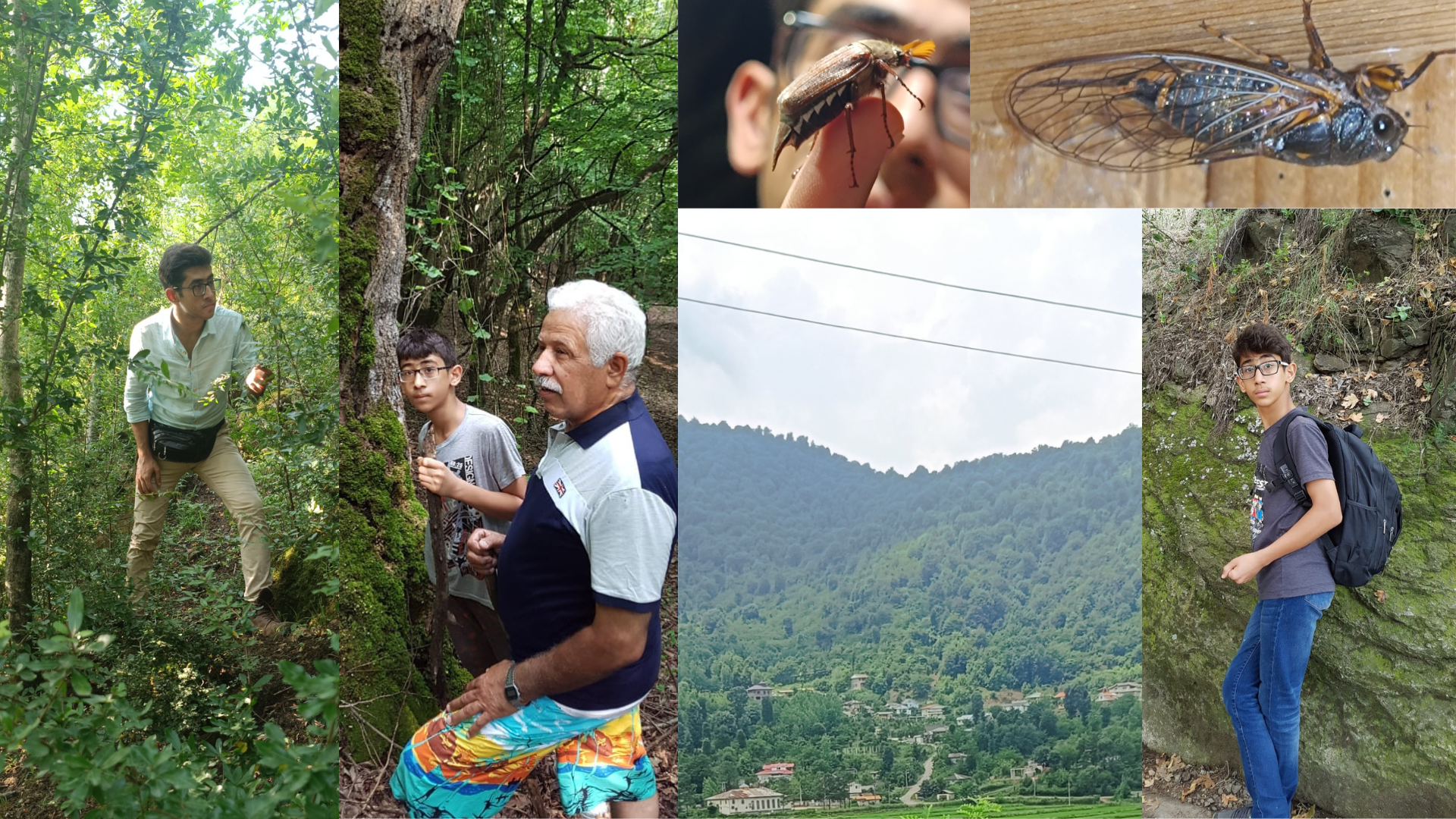Last winter I woke in a stone bedroom and rolled outside to greet the warming sun. I was in Southern Spain working on a volunteer project and my morning walk often passed a pile of aubergines on a nearby farm. Their purple skins pitted with rot as more got dumped atop the withering mass. It was about 5 meters across.
Asking around, I found that many of these piles of produce eventually get burned. But for the two months that I stayed in Almeria, Spain, that pile of aubergines only got bigger. Many of the nearby orange groves were also skirted with piles of fruit that had fallen and were unsellable. The air and earth were so dry that they did not smell, but in any other climate I could imagine their sickly fermentation. I thought that the answer to so much waste might be a simple one, but instead its complexity and interwovenness surprised me.
I asked the founder of an environmental NGO that works intimately with farmers why this dumping happens and he let out a deep sigh of frustration. It is such a small community that he did not want to be named, so let's call him Richard, but he explained that:
“Most of the time it’s just a pure amount here…. there is the infrastructure missing, the knowledge missing.”
This area of Spain is often called the salad bowl of Europe. It produces vegetables throughout the winter season for places from France to Norway. Its greenhouses, lined with thick sheets of opaque white plastic to improve efficiency and reduce moisture loss, are so large that they are clearly visible from space. They stretch out over the desert landscape like an alien settlement.¹
Richard and I talked about statistics and how often numbers do not paint the canvas of the farms’ diversity: “The problem with farmers in general is that you can't talk about that one typical farmer. There's so many different family businesses or whatever, third-generation farmers here in all different sizes and scales, that it's really hard to bring them all into one paper.”
Big companies often have waste management facilities, while smaller farmers do whatever they can to make ends meet. Biowaste, then, is just a nuisance to be dealt with. This is not to say that many farmers that my interviewer speaks with are not aware of the problem or conscious of its effects. For example, often biowaste still has plastic clips and twines that get flushed into the ocean. It is for all to see if we look. A walk along Almeria’s beeches finds small pellets from the farming, fishing, and … general waste mismanagement. These problems, while tangible and visible, are often too expensive to tackle by the smaller farmers.
There are eight main crops produced in Almeria: tomato, pepper, and eggplant, cucumber, zucchini, melon, and watermelon; and green beans.² The pile of the eggplants rose like an echo of what I had seen when I lived in the Netherlands. I remembered large, rotting piles of unsold produce- much of it hailing from Spain. The produce, thrown together in undignified dumpsters, was headed back to the ground where it came from, but it hadn’t been used, eaten, or surrendered its sweet nutrients to anything other than a few opportunistic birds. I joined quite a few dumpster diving groups, headed by radical anarchist communities, in an effort to understand the waste. Pictures flooded the chats from all over my city. They would tell each other the best locations and flock to them at night. So much so that some of the grocery stores began putting up barriers and guards- so that people couldn’t eat the perfectly edible trash.
Responding to consumption demands
Spanish agriculture is more than vegetables. In 2015, Spain became the EU’s largest exporter of pork.³ The farming sector has responded to shifting consumer demands and increased animal product consumption in Spain. An elegant and often proposed solution to the plant biomass is to recycle it as animal feed, which would decrease the need for imports, from mostly Brazil and the USA, of soy and corn. This has been tried of course, but the crop production areas and the livestock areas of Spain rarely overlap. They are often so far away that the energy it would take to store and transport the biomass is not worth it on these smaller scales. Thankfully, there are some very promising approaches being implemented such as biochar, composting, and regenerative energy production.
One author of a scientific paper even wrote with (what I imagine) frustration: “more imagination is necessary” in finding solutions.⁴ But imagination is not the only limitation. A lot of these costs are put on the farmer, when what the farmer does benefits the entire society.
That is to say, a lot of this problem is about scale and cost. It strikes me as strange that food is an essential human need, yet farmers all over the world are struggling. Either there is too little demand or too much placed on rickety systems, or systems that have swollen past their capacity. Farming as a profession has fallen rapidly. Only 4% of Spain's population are agrarian workers³, and exactly because of this there is a chance to breathe life and idea application into the industry. Richard gleamed with hope for the first time during our chat: “This is also a chance because in the end, it's not that you have thousands of people that you have to convince, like in a lot of other environmental issues. It's a small amount of people, and you can have a big impact.”
Compassion
After seeing this wasted food in Spain, frustration dripped off of me. We gathered some of the aubergines, but there are only so many ways to cook them- fried, roasted, in baba ganoush... Aubergine featured as a main part of that year’s Christmas meal. Still, going through this research offered me a lot of compassion for farmers and what they do. Imagine being part of such a small community that feeds much of Europe.
I felt an upwelling of compassion for a group of people who are asking to change, but are not getting enough concrete support to do so. I am grateful that new innovations and research are coming out on how to battle this climate crisis, but some of it asks farmers to take big risks when change comes slow and ideas come fast.
The problem of food production and management, from the water that the earth sheds on our fields to the type of food we choose to eat, is our problem. I wish I could say to every farmer on that arid patch of Spanish land: “I eat your food. I will not leave you behind. Let’s heal this world, our soils, our waters, and our crops together. Lead the way, because in all likelihood, your family has been doing this for generations and we have a lot to learn from each other.”
Sources:
- “Almería’s Sea of Greenhouses.” NASA. Accessed June 26, 2024. https://earthobservatory.nasa.gov/images/150070/almerias-sea-of-greenhouses.
- Mónica Duque-Acevedo et al., “The Management of Agricultural Waste Biomass in the Framework of Circular Economy and Bioeconomy: An Opportunity for Greenhouse Agriculture in Southeast Spain,” Agronomy 10, no. 4 (April 2020): 489, https://doi.org/10.3390/agronomy10040489.
- Manuel González de Molina et al., “Decoupling Food from Land: The Evolution of Spanish Agriculture from 1960 to 2010,” Sustainability 9, no. 12 (December 2017): 2348, https://doi.org/10.3390/su9122348.
- M Soliva, “ORGANIC WASTE IN SPAIN: A PROBLEM THAT SHOULD BE A RESOURCE,” n.d.

.png)




Comments